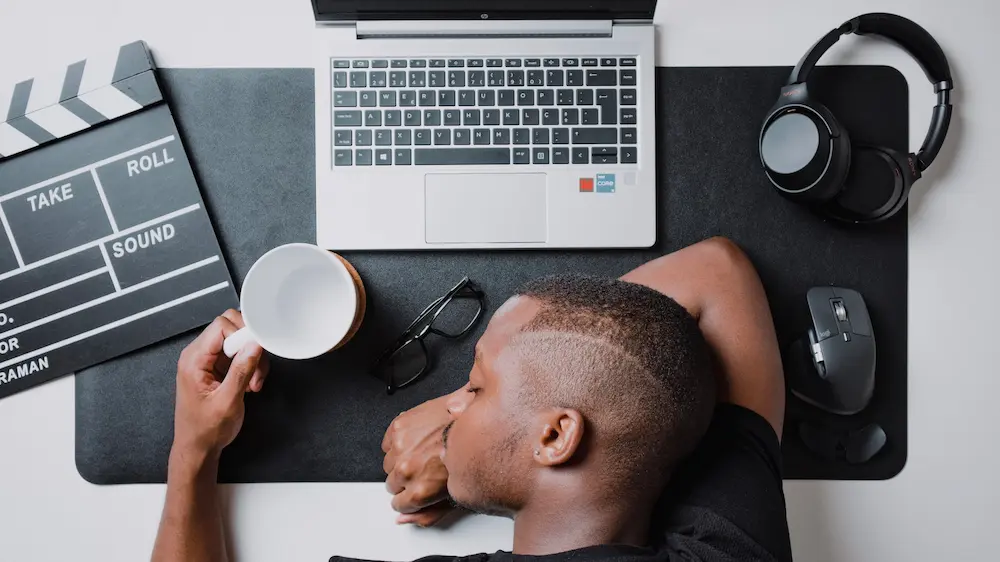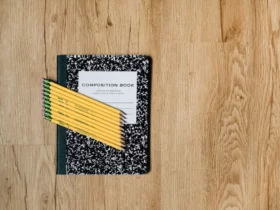Every second employee has experienced burnout at least once.
Against the backdrop of a pandemic, when many were forced to mobilize resources as much as possible and work harder, the situation only worsened. How can you help yourself deal with it? We’ll tell you below.
Rarely does anyone manage to get out of burnout on their own. Usually the action plan that leads to the result is developed in tandem with the coach.
But there is a “first aid” that will allow you to keep stress under control and avoid burnout.
Relax
Pauses in work should be done during the day, and this should become a system. The brain needs to cool down to work efficiently.
Better yet, take a vacation and go to a country you have long dreamed of visiting. Get sharp emotions. Let’s say if you’re in Germany, take a ride on a zipline, and if in Dubai, rent a cool supercar.
Renting a car is a breeze these days, especially when there are awesome hiring companies like Evolve. Believe us, driving a rented Lamborghini will completely reset you.
Keep calm in yourself
The first cause of stress is our reaction to the situation. Those who take everything too seriously are several times more likely to suffer from burnout than those who don’t care.
So, too many people stress themselves with a full body response just by thinking about future events or appointments.
High achievers or perfectionists are especially prone to creating their own stress. Go in for sports, it turns off the brain from the constant race of thoughts.
Do you think why in our “hyper-information” age everyone runs and the popularity of sports has grown so much?
When there are too much information, stress and emotions accumulate, burnout occurs, and when emotions find an outlet, a person becomes emotionally healthy.
Plan your rest the same way you plan your work
The main starting point is the recognition of the fact that rest and recovery are as important and significant parts of life as work.
The first step is to decide that the time for different types of recovery activities is fixed and is as much a part of the schedule as a work meeting. After all, it is not canceled without good reason.
The second step is to include in your schedule during the week how and on what day to rest.
Master the practices of self-regulation
The impact of adverse factors and the occurrence of stress is inevitable.
It’s a big illusion that you can live a life where everything is smooth and perfect. Around us is a mobile and changeable environment, people who also behave differently.
In the face of change, the stress response is inevitable, but what we do about it matters. Various self-regulation practices can reduce stress that has already arisen, better cope with its consequences, or prevent strong stress reactions.
Micro-practices significantly help to develop mindfulness and relieve tension. The most accessible is breathing practices.
Set a few reminders throughout the day and, at their signal, just follow how you take breath ins and breath outs.
More advanced is the practice of mindfulness, which teaches you to focus on sensations in different parts of the body.
The problem is that many don’t stick with these practices because they have to be done regularly.
Everyone is too lazy, there is no time, and after a couple of days they all leave. Therefore, it is better to start with the most approachable.
Find a balance between work and personal life
In addition to getting enough sleep and connecting with loved ones, make sure you dedicate time to your interests outside of work.
Do what you enjoy, whether it’s reading books, meeting friends, creating art, sports, or whatever. Think of it as an investment in your own interests.









